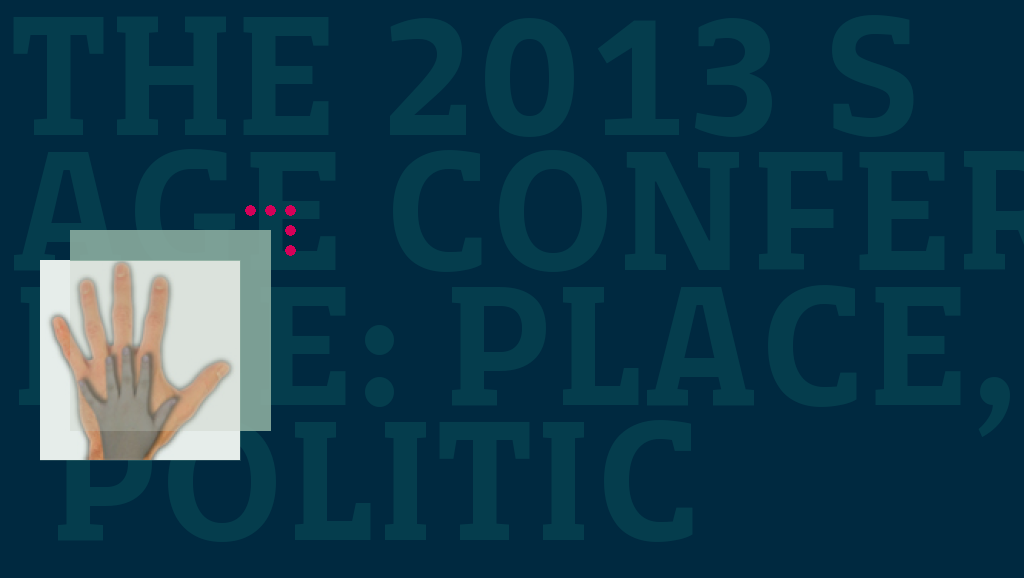The SAGE Conference is organized by the Worcester Solidarity and Green Economy Alliance. This year the conference ran over 2 days in November and both myself and long time collaborator and former Scientific Director Cristina Grasseni were present, Grasseni as Plenary Speaker on the final day.
The conference was organized into workshops, each addressing different issues surrounding the growth and promotion of the solidarity and green economy. Invited speakers included representatives of funding bodies, cooperatives and universities, as well as from many entrepreneurial ventures in the field.
The conference was informal and extremely participatory, including music and the sharing of locally produced food, as the photos on the Foundation’s Flickr account show. The objectives for the conference as a whole included improving network relations as well as providing those working within the field with information about funding, legal services and responsible provisioning practices.
Many of the attendees could be described as social entrepreneurs, either working for or creating businesses whose aim is to work for social good. One of the problems that these types of businesses run into is the difficulty in raising money, as although they are for profit institutions their primary aims may not be to make money.
Local Credit Unions often offer financing for such enterprises where banks are unwilling to commit, and there is a network (at least here in Massachusetts) of small lenders that invest in such projects. These investment organizations typically take small amounts of money from their investors and offer micro loans, with low interest rates and favorable terms. The US government also has a fund aimed at promoting such initiatives, and representatives of various organizations were on hand to offer advice and guidance.
One representative told us that the money he has to invest in micro loans comes from a very particular group of people. They are willing to invest in an enterprise that is operating for the social good even though the return is low, and the risk of losing the money may be higher. They might be described as investors for social good, and I think present an interesting model within the study of Responsible innovation.
The difficulties that such enterprises have in raising money was addressed under the term ‘economic democracy’. We could possibly define this as equal access to funding, and there are models under development aimed at study of the phenomena, several of which were presented during the conference.
Participatory Democracy was another recurring theme, connected to the theme of the commons. Debate aimed to explore mechanisms that connect participatory democratic mechanisms to existing governance institutions at both municipal and regional level.
Cristina Grasseni delivered her plenary on collective provisioning practices, describing her experiences working with solidarity purchasing groups in Italy and described in her latest book. The speech was well received and provoked a lot of questions and suggestions regarding more responsible food and services provisioning.
Many of the topics covered and debates provoked addressed issues that are related to the work of the Bassetti Foundation, offering an insight into the workings of what to many is an unknown world. I would like to congratulate the organizers and participants on behalf of the Foundation, and wish them well in their endeavour in the forthcoming years.
—————–
















